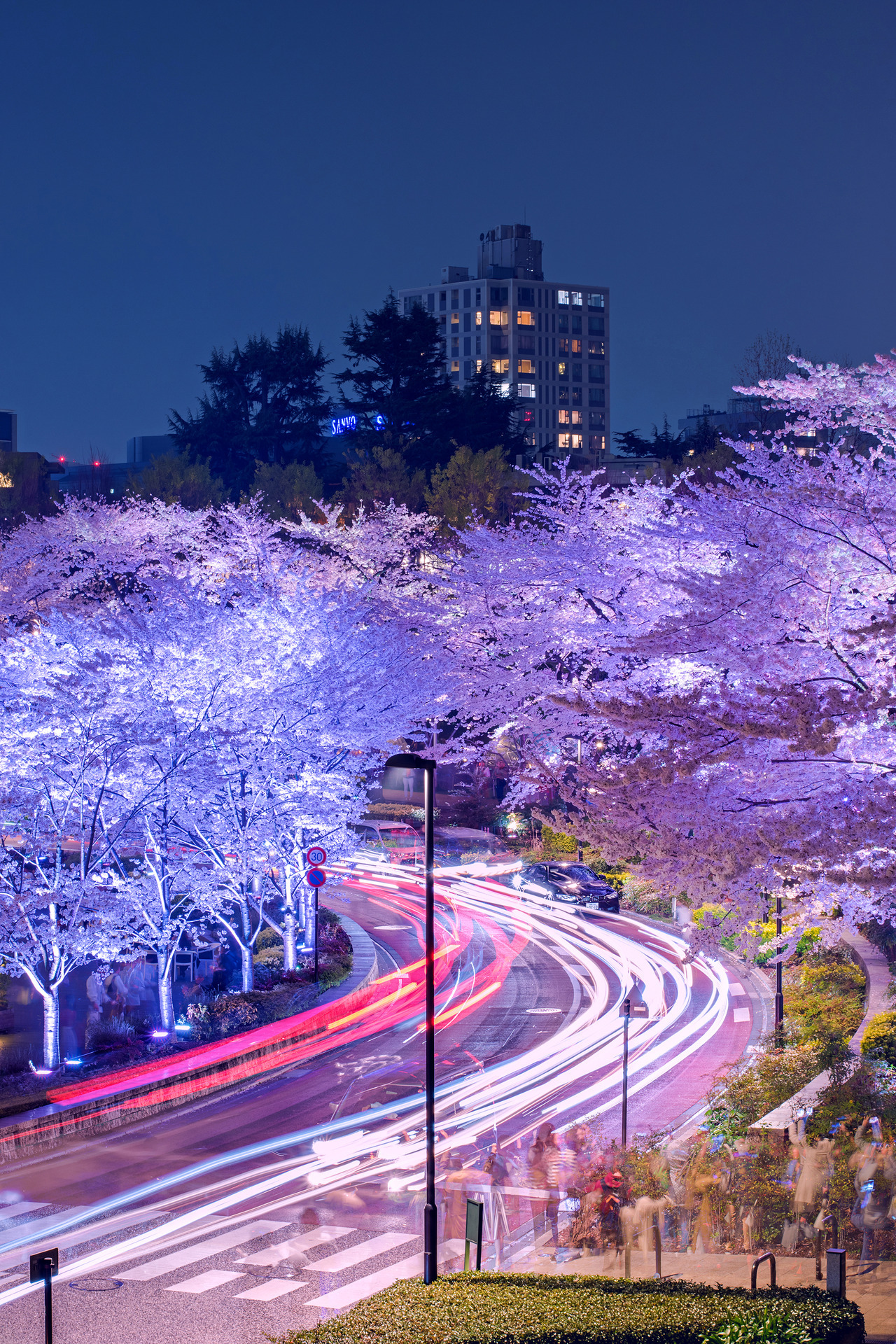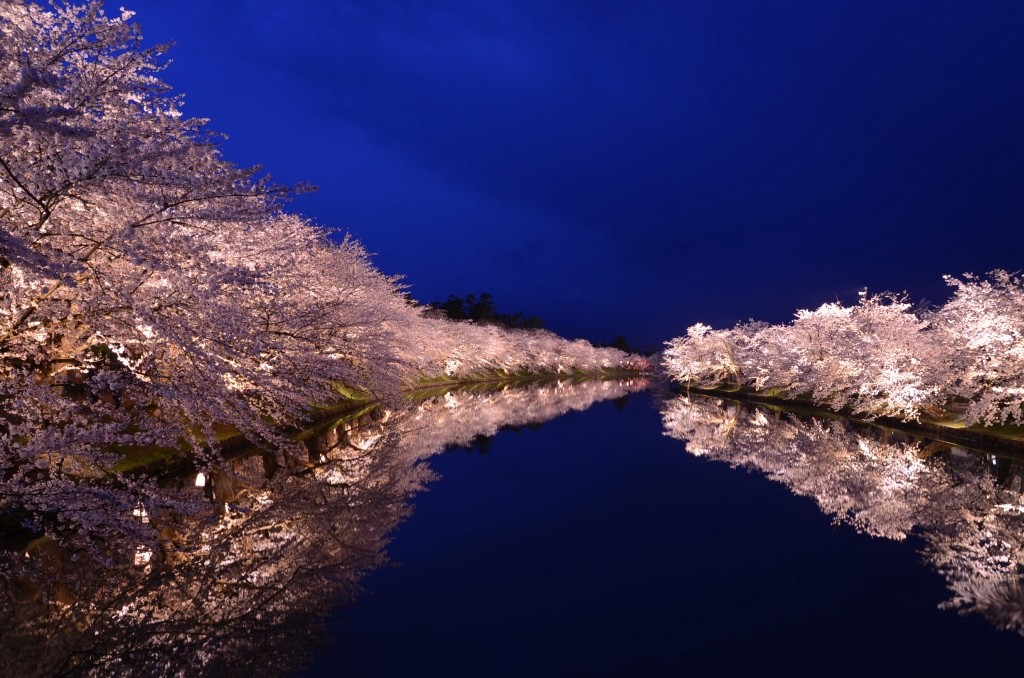
Wallpaper 3200x2400 px, city, cityscapes, Japan, Japanese, lights
Ideally, you'll want to plant yours in a spot that gets around 4-6 hours of direct sunlight in the morning, followed by shade from about 2 PM onward. This means that in the Northern Hemisphere, an eastern exposure will almost always provide the best direct sunlight for Japanese Maples.

Tokihiro Sato Photo Respiration Trees Shirakami 9 (2008) Available
In Japan, the Japanese maple is considered a symbol of autumn and is often planted in gardens for its fall color. 2. Cherry Tree (Prunus Serrulata) The cherry tree is another well-known tree from Japan. It is the national tree of Japan, and its blossoms are a symbol of spring.

Morikami Japanese Gardens Lantern Festival Beautiful Insanity
The Japanese maple, native to Japan, Korea, China, and some parts of Russia and Mongolia, prefers being in full sun or partial shade. The Japanese maple likes at least 4 to 6 hours of light per day. In the early years of the tree you may see scorching of the leaves if the tree is planted in full sun.

Sakura Japan Tree nature wallpaper, Nature desktop wallpaper, Nature
Komorebi - Light Through the Trees Eisei-en Bonsai 210K subscribers Subscribe Subscribed 975 Share 21K views 2 years ago #komorebi #bonsai #japaneseaesthetics Komorebi is a Japanese term.

Roppongi Sakura Lightup Tokyo, Japan
The 19 Types of Trees in Japan. 1. Japanese Spruce. Image Credit: Inti-sol, Wikimedia Commons. Scientific Name: Picea jezoensis. Grow Zones: 5-9. The Japanese Spruce is a large evergreen tree that can be found in Japan's central mountains and vast forests.

Rohm Illumination, Kyoto Japan. MostBeautiful Japan Guide
Black pines are some of the hardiest Japanese garden trees, but they'll typically require more work than others. They can grow to be around 60 feet tall and 35 feet wide, and you'll need to water them once a week (without making the soil too wet). In the wilds of Japan, black pines can even scale up to 100 feet tall!

Illuminated trees kyamadaYokohama, Japan Flickr
The first is the kanji for "tree," 漏れ is the stem of the verb moreru, which means to leak out or come through, and 日 is the kanji for day or sunlight. String everything together and you get the usual rough translation of komorebi: "to the sunlight shining through the trees."

Japanese Light Festival Brings Fall Foliage to Life in the Dead of
This spring, take a special trip to enjoy the beauty, splendor and history of some of Japan's centuries-old cherry blossom trees. Japanese people have long been fascinated with the breathtaking wonder of sakura, or cherry blossoms.No trees are more representative of Japan's love for hanami (flower viewing) than the Godai Zakura, or the The Five Great Sakura.

18+ Spring Wallpaper Japan Basty Wallpaper
Whether you admire its beauty or just appreciate its spiritual values, the Tsubaki is truly a beautiful part of Japan's rich culture. 19. Maidenhair Tree (Ginkgo Biloba) The Maidenhair Tree, or Ginkgo Biloba, is a species of tree native to Japan and some other parts of the world.

Wallpaper Japan, temple, sunlight, branch, yellow, spring, Kyoto
It is the Japanese expression for the sunlight that filters through leaves of trees. Komorebi evokes the image of a dance between the light and the leaves. It reflects a respect for nature and attention to the changing of the seasons that is an integral part of Japanese culture. 'Komorebi' in Japanese script

Cherry Blossom in Japan An in depth photography guide
The Japanese word komorebi, describing the sunshine filtering through the leaves of trees, has no real English equivalent - EVS Translations

Wallpaper Japan, sunlight, trees, landscape, forest, fall, nature
For speakers of Japanese, the word evokes a beautiful, warm and silent mental image of a pleasurable natural setting, with the sparkling rays of sunlight dispelling the shadows cast by the trees.

Cherry Blossoms at Night Best Places for Cherry Blossom Night Viewing
Nature Language Komorebi—A Beautiful Japanese Word that English Needs Because "sunlight filtering through trees" does not express the same feeling Komorebi is a word that we English speakers could really use. And not just to add to our vocabulary, but also to our lives. Komorebi 木漏れ日 (pronounced kō-mō-leh-bē)

Viewing Japan's Cherry Trees In Bloom An Otherworldly Experiance
Japanese maples thrive in dappled forest light and cooler temperatures. Japanese maple is, evident in the name, largely native to Japan, with some spilling into Korea and China. In their natural habitat, these trees form part of the understory layer of forests, growing under the dappled light filtered through taller trees above. They grow in.

Wallpaper Japan, night, blue, Christmas Tree, Nikon, christmas lights
25 Is there an English equivalent of komorebi (木漏れ日), which means the sunshine filtering through the leaves of a tree (or trees)? It is made up of three kanji and the hiragana particle れ. The first kanji 木 means 'tree' (or 'trees'), the second one 漏 refers to 'escape' and the last one 日 is 'light' or 'sun'.

Wallpaper trees, city, bridge, power lines, Sakura blossom, cherry
There is a Japanese term "Komorebi", for which no simple English translation exists. Yet it is a distinct phenomenon, that anyone who spends time among trees will have enjoyed. Komorebi roughly translates as "the scattered light that filters through when sunlight shines through trees".